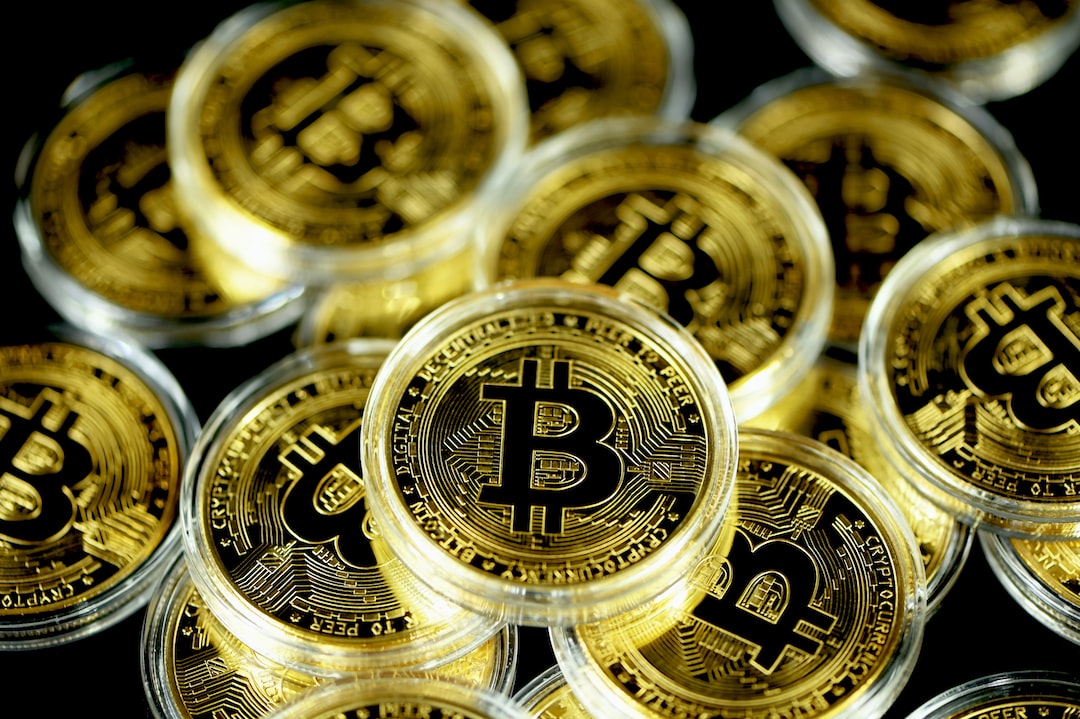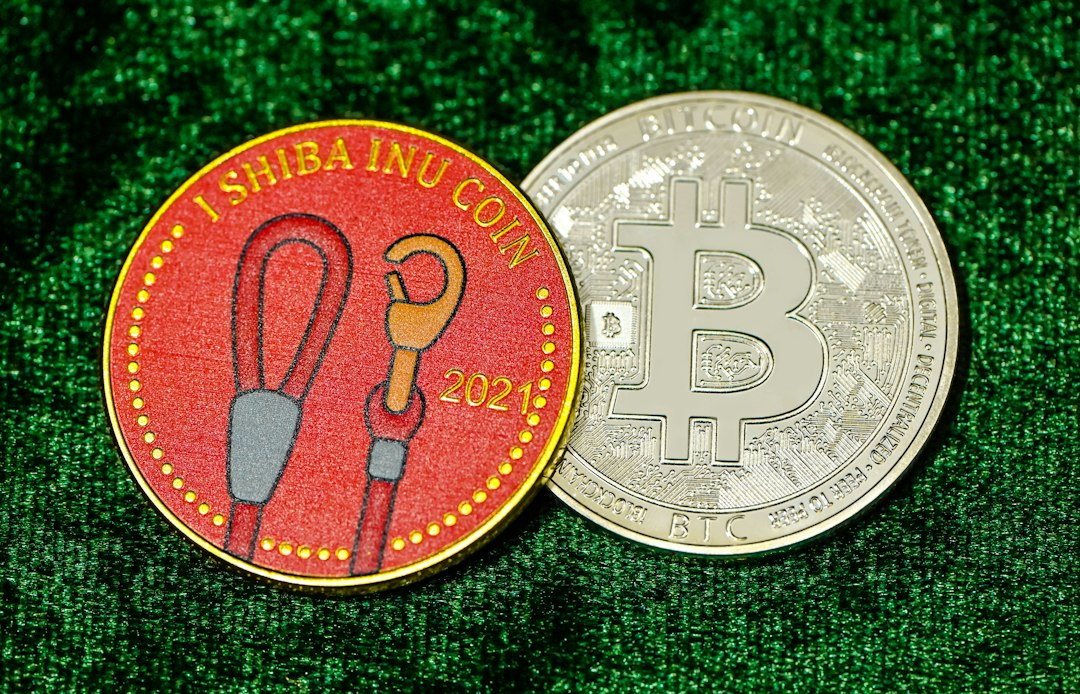Chinese People’s Court Recognizes Digital Assets as Legal Property
A People’s Court in China has affirmed that digital assets hold economic value and are considered legal property under the existing legal framework. The court has highlighted the criminal law attributes of virtual assets and concluded that they maintain their status as legal property. In a recent report, the court suggested ways to handle cryptocurrencies associated with crimes without infringing on citizens’ private rights. It recommended that cryptocurrencies should be treated separately under civil and criminal law. This contrasts with the Chinese government’s blanket ban on private cryptocurrencies in 2021.
Key Points:
– Chinese People’s Court confirms that digital assets have economic value and are considered legal property.
– The court suggests ways to handle cryptocurrencies linked with crimes without violating citizens’ private rights.
– Cryptocurrencies should be treated separately under civil and criminal law.
– Chinese government enforces a ban on private cryptocurrencies, including exchanges and influencers.
– Chinese courts have ruled in favor of Bitcoin owners’ rights, recognizing it as personal property.
The Chinese government’s ban on private cryptocurrencies has been met with contrasting views from Chinese courts. While the government aims to protect investors and the economy, courts have recognized the legal backing and personal property status of digital assets. This discrepancy raises questions about a potential change in the government’s stance. China’s influence on the cryptocurrency industry, including its development of a Central Bank Digital Currency (CBDC), remains significant despite the ban. The recent digital asset revolution in Hong Kong may serve as a testing ground for China’s evolving regulations in this space.
Hot Take: While the Chinese government has implemented a ban on private cryptocurrencies, the recognition of digital assets as legal property by Chinese courts indicates a potential shift in the country’s stance. The development of a CBDC and the presence of digital asset trading services in Hong Kong suggest that China is exploring new avenues for cryptocurrency adoption while maintaining control and regulatory oversight.





 By
By
 By
By

 By
By
 By
By
 By
By